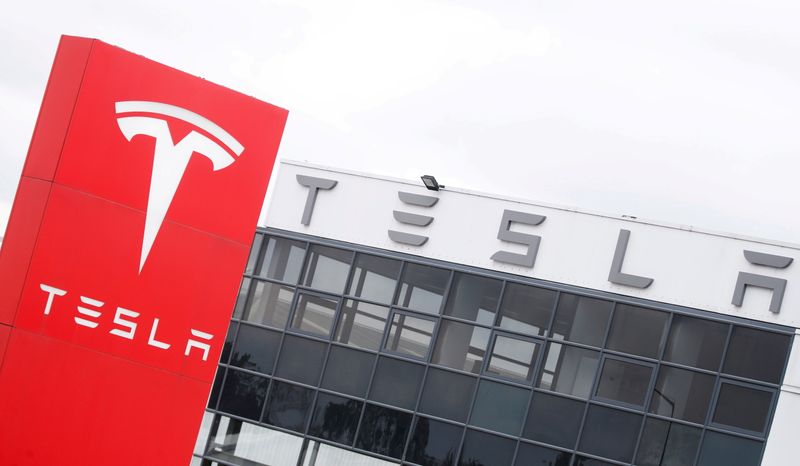This post was originally published on this site

A California jury on Friday found that a Tesla (NASDAQ:TSLA) autopilot feature did not fail to perform safely in what appears to be the first trial related to a crash involving the partially automated driving software.
Justine Hsu, a resident of Los Angeles, sued Tesla in 2020, saying her Tesla Model S swerved into a curb while it was on Autopilot and the airbag was deployed “so violently it fractured Plaintiff’s jaw, knocked out teeth, and caused nerve damage to her face.”
She alleged there are defects in the design of the company’s Autopilot as well as the airbag, and sought more than $3 million in damages for the alleged defects and other claims.
Tesla denied liability for the accident, claiming in a court filing that Hsu used Autopilot on city streets, despite Tesla’s user manual warning against doing so.
The verdict could be an important victory for Tesla as the electric automaker tests and rolls out its Autopilot and more advanced “Full Self-Driving (FSD)” system, which CEO Elon Musk has touted as crucial to his company’s future.
During the court hearing, the jury awarded Hsu zero damages, and found that the airbag did not fail to perform safely, and that Tesla did not intentionally fail to disclose facts to her.
Since 2016, U.S. federal agencies have investigated a total of 35 crashes in which Tesla’s “Full Self-Driving” or “Autopilot” systems were likely in use. Together, these accidents have killed 19 people.
Shares of TSLA are up 1.53% in afternoon trading on Friday.

